What a Classically Educated Student Looks Like
| > | Educated in the arts of grammar, logic, and rhetoric so he can write, think, and speak clearly on any subject. |
| > | Develops the skills and habits of good thinking so she is not easily taken in by “fine sounding arguments. |
| > | Knows how to speak well with confidence so he can ask good questions and share ideas that are true, good, and beautiful. |
| > | Understands culture, including politics, economics, science, the arts and faith. She has thought deeply about rich academic content including how history shapes the present, why great literature shapes souls, how science needs ethics, how math points to ultimate reality, and much much more. |
| > | Possesses strong character which distinguishes her from the crowd and has also prepared her to work hard and give her life away for the sake of others. |
| > | Knows how to look someone in the eye, shake their hand, and engage in meaningful conversation—while raising thoughtful questions that might make them stop and think. |
| > | Learns to play a serious game of football and enjoys talking about poetry, loves to be part of rich community with peers and adults and younger students, and, finds joy in working hard in cross county and in acting out Shakespeare. |
| > | Acquires the skills to approach problems creatively and biblically so he can orient his life around God’s great purpose and divine calling. |
| > | Is prepared for all of life, in the classroom and beyond the classroom, on the athletic field and on stage, with friends and with adults, and for long after he receives his diploma. |
“Education is not a subject, and it does not deal in subjects.
It is instead the transfer of a way of life.”
G.K. Chesterton
